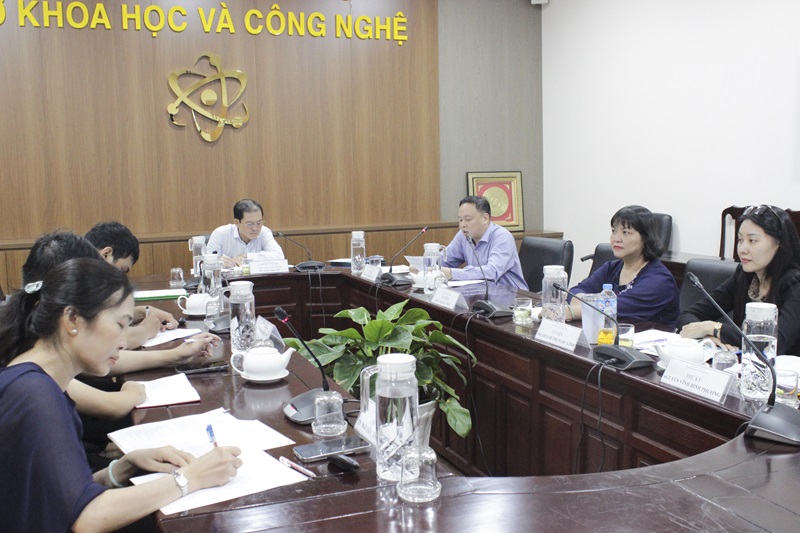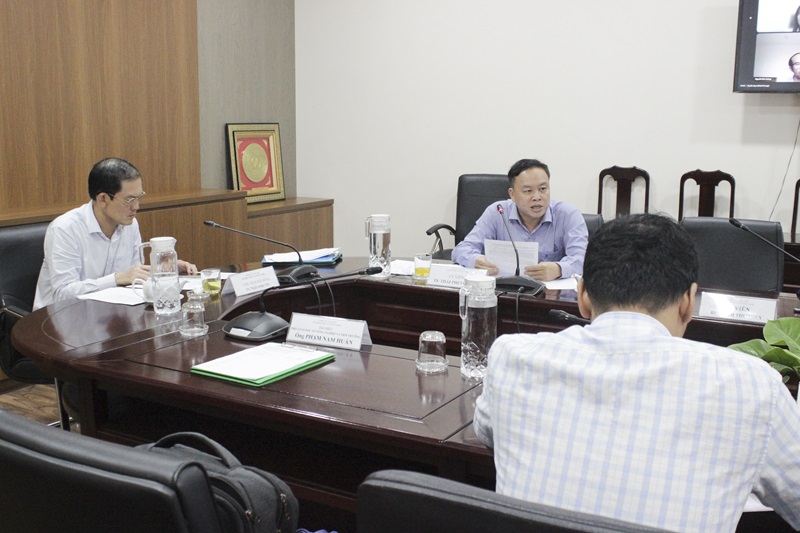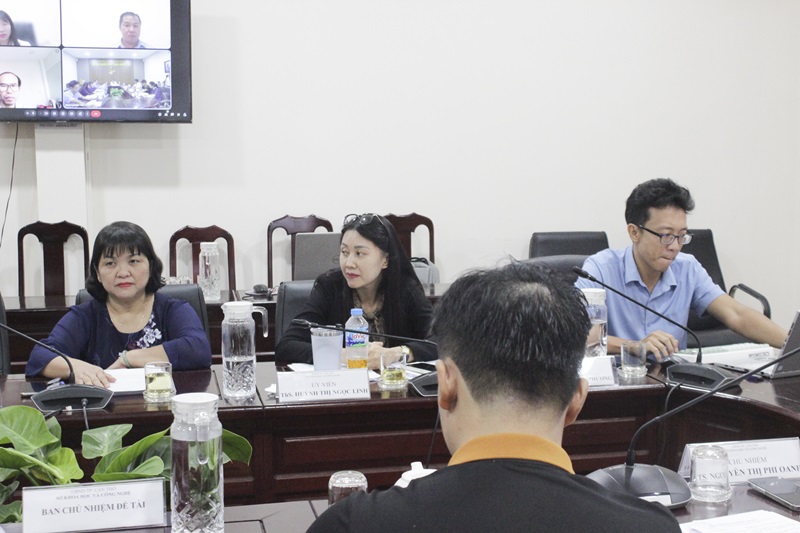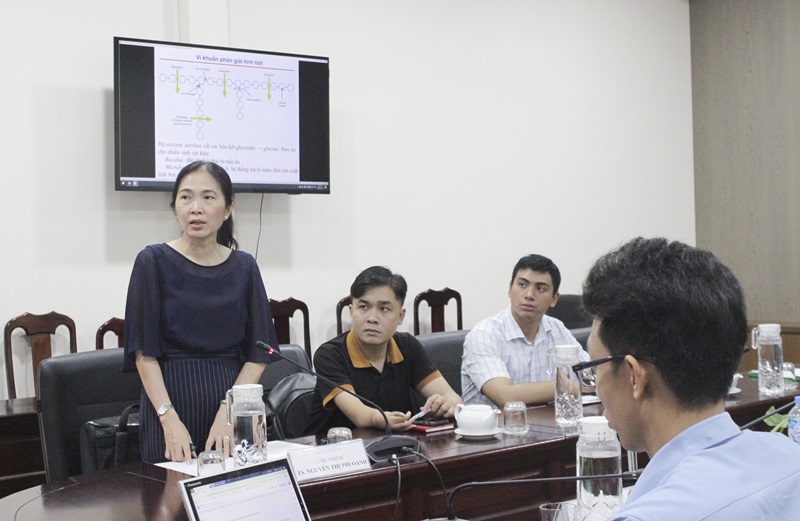Selection of scientific and technological project "Research on microbial preparations to decompose starch or food additives sodium benzoate in wastewater"
In the morning of May 29, 2025, Can Tho City Department of Science and Technology held a meeting of the Council for selecting organizations and individuals to preside over the city-level science and technology project "Research on microbial preparations to decompose starch or food additives sodium benzoate in wastewater.” The study will be carried by Dr. Nguyen Thi Phi Oanh. Can Tho University is an implementing agency.
.jpg)

Overview of the meeting
Attending the meeting, there were Dr. Ngo Anh Tin - Director of the Department of Science and Technology of Can Tho City as Chairman of the Council and members of the Council who are experts and scientists from universities, research institutes and related departments and agencies.


Council's members
The project was formed from the reality of environmental pollution caused by wastewater generated at traditional food production facilities, such as noodles, vermicelli, rice paper, and etc. in the Mekong Delta, especially in Can Tho City. According to the survey, the wastewater source at these facilities contains starch content ranging from 24.2 - 682.2 mg/L and sodium benzoate from 26 - 600 mg/L, these are two components with high risk of causing deterioration of water quality, affecting public health and the ecosystem if not thoroughly treated.

Research team
Faced with this situation, the research objective of the project is to create a microbial product that decomposes starch or sodium benzoate food additive to reduce environmental pollution from waste discharge sources. In addition, the research team proposed an approach using microorganisms isolated from local polluted water sources to produce environmentally friendly microbial products. This solution is not only in line with modern biotechnology trends but also helps save costs, thanks to the use of available raw materials and improving the adaptability of microorganisms in real conditions.
At the meeting, the research team received feedback from the council members. On that basis, the they need to edit, supplement and complete the content of the explanatory outline to improve the feasibility and effectiveness of the application of the project in production practice and environmental protection in the locality.